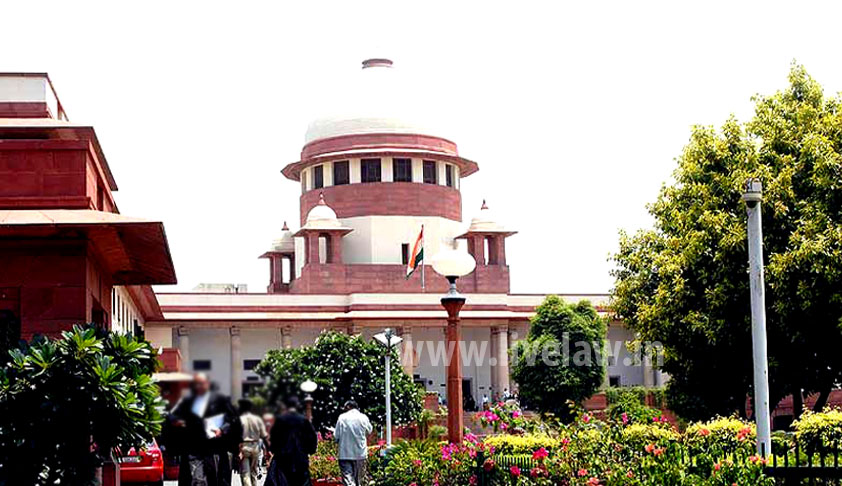Centre, Supreme Court engage in a verbal joust on the question of primacy of CJI in judicial appointments
LIVELAW NEWS NETWORK
6 May 2015 12:02 AM IST

Next Story
6 May 2015 12:02 AM IST
The Centre and the Supreme Court engaged in a riveting verbal joust on Tuesday, with Attorney General Mukul Rohatgi, appearing for the Centre launching a scathing attack on the collegium system claiming that the Supreme Court tweaked the "original" Constitution over 22 years ago to give Chief Justice of India and the Collegium primacy over the government to appoint judges and the Bench headed...
